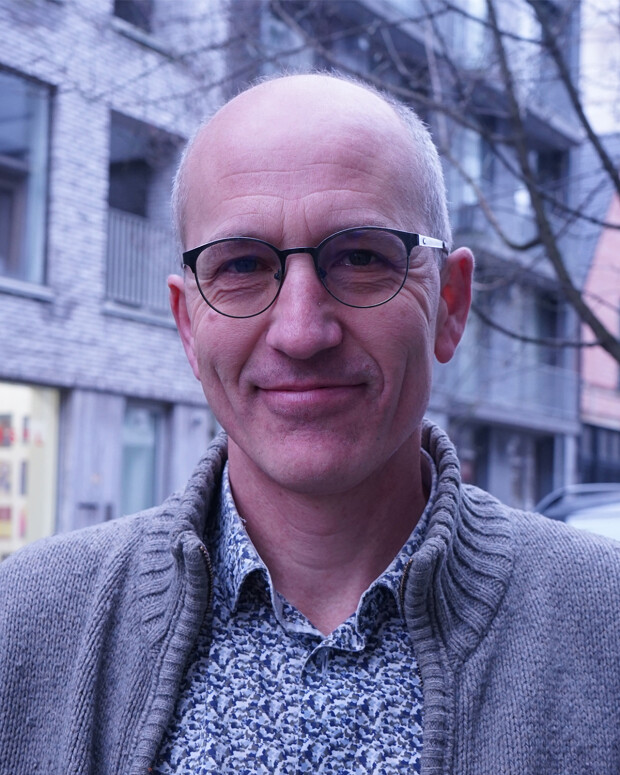Kenyon Christopher
Professor

Chris Kenyon is currently Head of the Unit of Sexually Transmitted Infections of ITM. In addition to his post here, he works as an Infectious Diseases Physician at the University Hospital Antwerp (UZA) and the University of Cape Town. He trained as an infectious diseases specialist at the University of Cape Town, South Africa, a public health specialist at the London School of Hygiene and Tropical Medicine (LSHTM), UK, and completed his PhD in Epidemiology at UAntwerp, Belgium. He also studied politics, philosophy and economics at the University of Oxford, UK.
His research focuses on a better understanding and prevention of the emergence of antimicrobial resistance (AMR) through stewardship and novel antimicrobial-sparing strategies, such as bacteriocins, bacteriophage therapy, and the use of antiseptics. His team is currently mapping AMR patterns in commensal Neisseria, with the intention of using commensal Neisseria as early warning systems for excessive antimicrobial consumption. He is also leading several projects involving G. mellonella, as well as mouse and human studies, to investigate whether the low doses of antimicrobials permitted in food can induce and select for AMR in various target bacterial species.
He is currently PI of a number of clinical studies, including:
- GonoScreen Study (NCT04269434): an RCT assessing if screening MSM on PrEP for gonorrhoea and chlamydia is associated with a reduction in the cumulative incidence of these infections;
- ResistAZM Study (NCT05027516): an RCT comparing the efficacy of ceftriaxone versus ceftriaxone plus azithromycin for the treatment of gonorrhoea;
- MoNg Study: efficacy of chlorhexidine mouthwash to treat pharyngeal N. gonorrhoeae;
- SafeDoxyPEP Study: what is the effect of doxycycline post-exposure prophylaxis on antimicrobial resistance in a range of target bacterial species?
Teaching expertise
His teaching assignments include:
- Teaching STI topics of Tropical Medicine and Clinical Decision-Making at ITM, Belgium
- Teaching Master of Public Health at the University of Cape Town, South Africa
- Teaching the I3DC course at the University of Antwerp, Belgium
- Supervision of Master's and PhD candidates at ITM, Belgium, and the University of Western Cape, South Africa